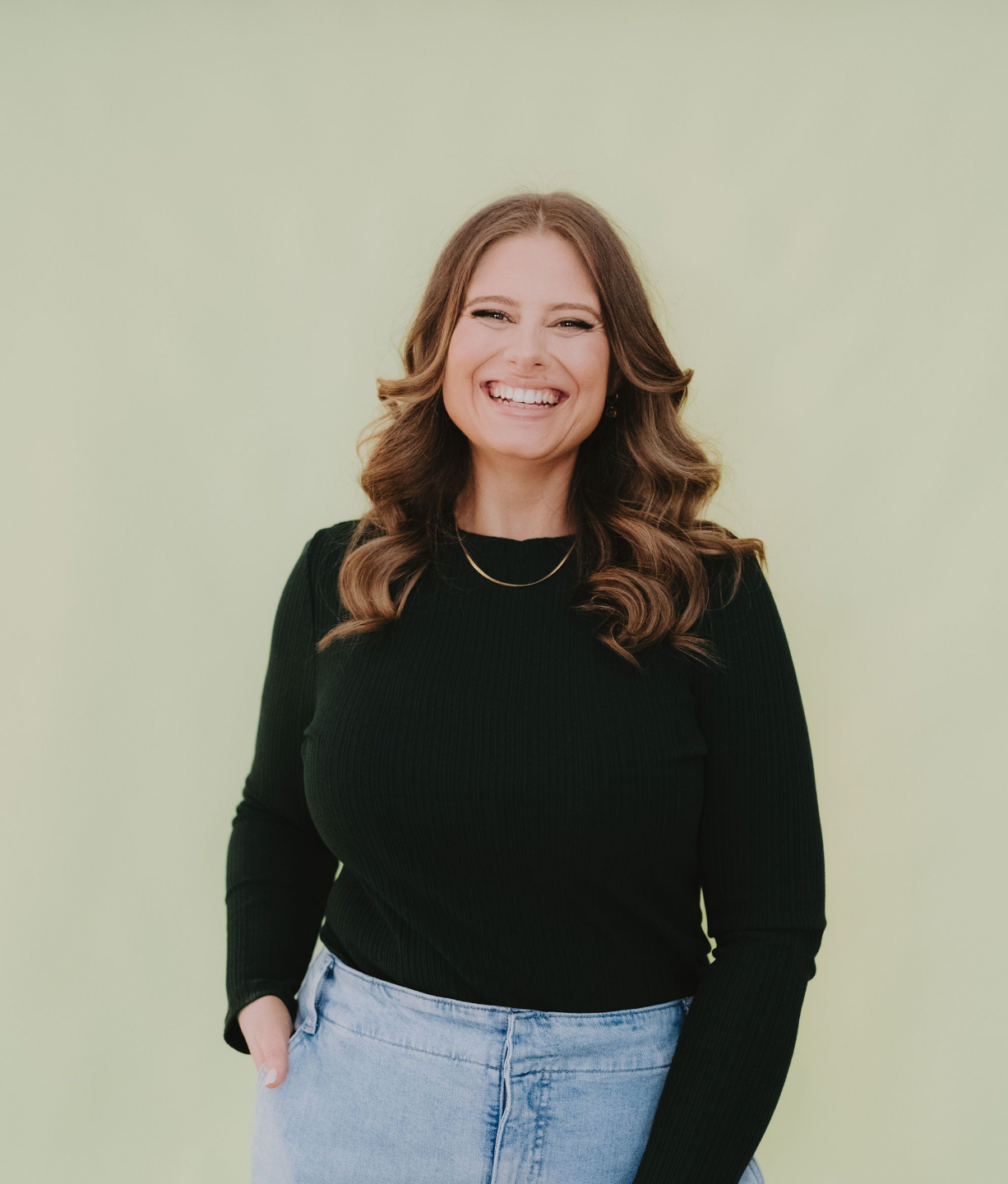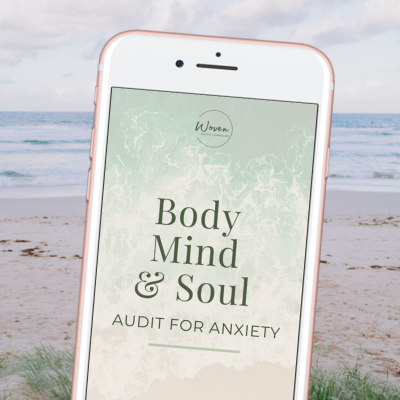
Spoon Theory: Understanding Your Energy
Have you ever felt like you’re running on empty before the day even starts? Maybe you wake up exhausted, struggle to get through your daily tasks, or feel like no matter how much you rest, you’re always behind. If you have a chronic illness, mental illness, or just an incredibly busy life juggling work, kids, and responsibilities, you might find spoon theory helpful!
Spoon theory isn’t about actual spoons (though wouldn’t it be nice if we could just stock up on them like kitchenware?). It’s a metaphor for energy management, and it was created by Christine Miserandino, an American writer who was living with the inflammatory disease, lupus.
What is Spoon Theory?
The concept of spoon theory was born during a dinner party. Christine was trying to explain to a friend what it felt like to live with a chronic illness — how her energy fluctuated unpredictably and how simple, everyday tasks could leave her drained.
To make it easier to understand, she used spoons as a metaphor. She explained that each spoon represented a unit of energy — something that people with chronic illnesses, mental illness or very busy lives often have to ration carefully.
Unlike someone who wakes up feeling well-rested and ready to tackle the day, people with chronic conditions, disabilities, or mental health struggles don’t start with an unlimited supply of spoons. Some might wake up with only a handful, while others have more depending on their health, stress levels, and lifestyle.
How Spoon Theory Works
Throughout the day, every activity requires spoons.
- Getting out of bed? That might be one spoon.
- Making breakfast? Another spoon.
- Taking a shower, getting dressed, or commuting? More spoons gone.
- Managing work, parenting, socialising, or even just existing in a world that isn’t designed for people who need extra care? That might cost a lot more spoons than expected.
And here’s the tricky part: not all activities drain or restore people in the same way. What might be easy and effortless for one person could completely wipe out someone else. Some people may regain a spoon or two by resting, eating well or practicing self-care, while others may not recover their spoons at all until the next day — or longer.
The Spoon Whisperer: Helping You Keep Your Cutlery Drawer Full
Think of me as your ‘spoon whisperer’!
I’m here to help you understand what drains and restores your spoons so that you can create a life that actually works for you.
You deserve a life where your energy isn’t constantly depleted. You shouldn’t have to push through exhaustion, guilt or frustration just to keep up with everyone else. Your reality is different — and that’s okay. The goal isn’t to magically have an unlimited amount of spoons. but to learn how to use them in ways that serve you best.
Ready to Understand Your Spoons?
If you’re tired of constantly running out of energy, pushing through burnout or feeling like you can never catch a break, let’s change that. I’m here to help you understand your spoons and keep your cutlery drawer full — so you can live a life that feels balanced, fulfilling, and manageable.
Book your holistic counselling appointment today by clicking here. Your spoons (and your well-being) will thank you!



